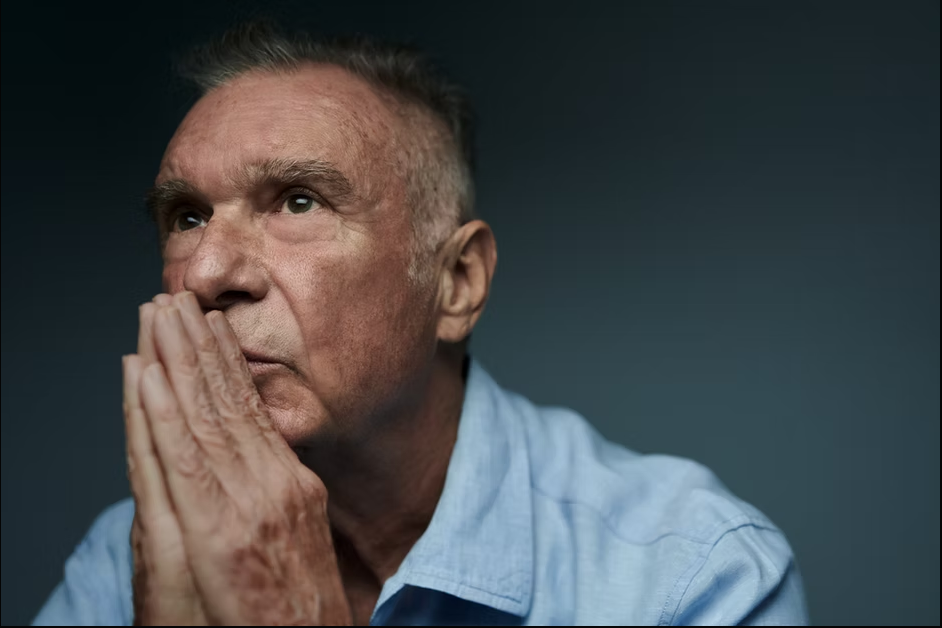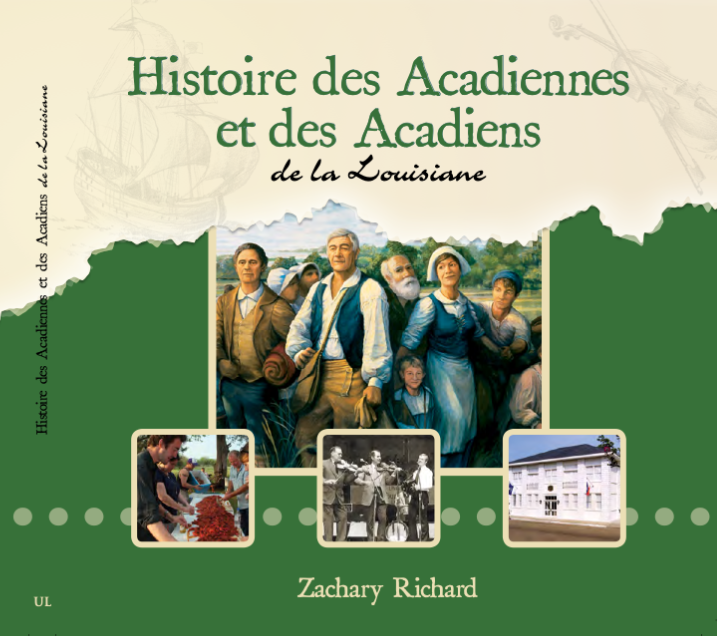Zachary Richard, The Acadians of Louisiana – Conference

Zachary Richard, Louisiana songwriter and passionate defender of the French language and Cajun culture in Louisiana (history graduate, Tulane University, cum laude 1972) presents a lecture: The History of the Acadians of Louisiana.
Better known by the anglicized spelling “Cajun,” the French-speaking community of southwestern Louisiana has a rich history that testifies to its tenacity, courage, and adaptability.
The roots of the Acadians of Louisiana are planted in western France. Originally from Poitou Charentes, the immigrants who would become the Acadians settled on the French Bay (now the Bay of Fundy) in the territory known today as Nova Scotia in the early 17th century.
After developing their country for over a century, thanks in large part to hydrological technology brought from France, the Acadians were expelled by the British in a brutal ethnic cleansing in 1755. This was followed by a turbulent period during which the Acadians found themselves in exile around the Atlantic basin: in all the British colonies in America, in all the ports of western France, in Quebec, and finally in Louisiana.
The first Acadians arrived in Louisiana in 1765, ten years after the Deportation, which they called the Great Upheaval. Finding themselves in a climate completely different from that of their country of origin, the Acadians adapted to their new life.
Slavery, the Civil War, forced assimilation in Anglo-American schools, the arrival of the oil industry, and World War II all left their mark on the Acadians of Louisiana. But despite wars and hurricanes, assimilation and a century of contempt, the Acadians of Louisiana still form a distinct community. With their world-renowned music and cuisine, the Acadians of Louisiana are fiercely attached to their heritage and are fighting for the survival of their language.
Through a PowerPoint presentation featuring images, maps, and photos, Zachary Richard will introduce you to his community and its history of resistance and hope.

About Zachary Richard :
Zachary Richard is a singer-songwriter born in 1950 in Scott, Louisiana. His music blends Cajun and zydeco influences. Zachary Richard is a militant Francophone and committed environmentalist. He is also an author of poetry and children’s stories. He is Louisiana’s first French-language Poet Laureate.
A committed artist, Zachary Richard is a founding member of Action Cadienne, an organization dedicated to the protection and promotion of the French language and Cajun culture in Louisiana. He is also a founding member of SOS Musicians, dedicated to supporting the New Orleans music community in the aftermath of Hurricane Katrina in 2005. Following the Deepwater Horizon oil spill in 2010, he founded Gulf Aid Acadiana, dedicated to supporting communities and restoring the Louisiana coastline.
Zachary Richard was named Officer of the Order of Academic Palms and Commander of the Order of Arts and Letters of the French Republic in 1997. He is a Knight of the Order of La Pléiade, a member of the Order of Francophones of America, and a member of the Order of Canada.
Photos: By registering for this event, you consent to being photographed and/or recorded, and authorize the organizers to use your image and likeness for promotional and archival purposes.
Security Rules: Each person attending the event must have a ticket registered in their name and a government-issued ID that matches the name on the reservation to enter the Embassy. No one will be admitted without a reservation and official ID. Due to strict security measures, please arrive on time, as doors will be closed at 7:30 pm sharp. Please allow for extra time for security screenings.
For security reasons, large bags, umbrellas, backpacks, and bike helmets are not allowed on Embassy grounds. The security team may confiscate any items considered inappropriate.
Parking:
There is no on-site parking.
- Metered parking is available on Reservoir Road at $2.30/hour (max 4h until 10pm)
- Garage parking is available at Georgetown MedStar Health (Entrance #2, 2800 Reservoir Road NW), approx. $25 for up to 3 hours
